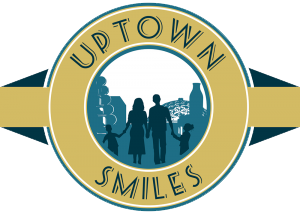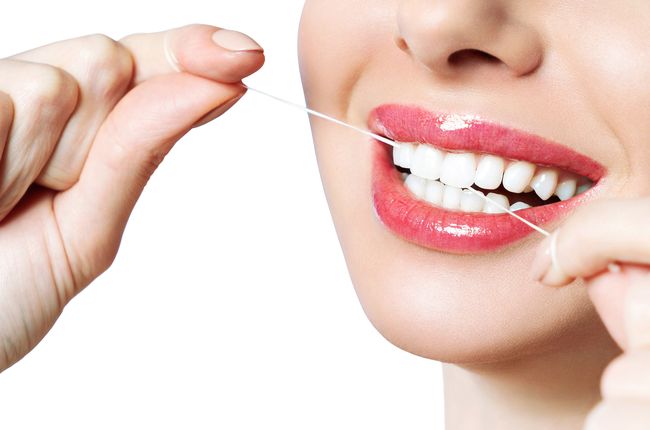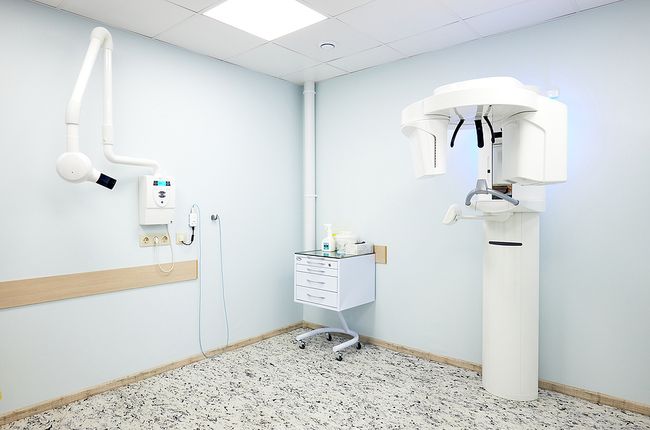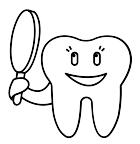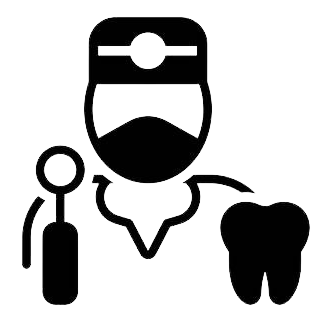What is oral conscious sedation?
Oral conscious sedation is a type of medication that is taken orally, usually in pill form. The medication helps the patient relax during dental treatment. It is sometimes referred to as “sleep dentistry” or “twilight sleep.” However, patients are usually awake and able to respond to the dentist’s instructions during the procedure. Patients often remember little to nothing about their treatment experience.
This type of sedation is especially helpful for patients who have difficulty getting numb from local anesthetics, have very sensitive teeth, or who have a strong gag reflex. It is also helpful for patients with extreme anxiety about going to the dentist.
Some patients prefer oral sedation over other types of sedation because they feel they recover more quickly. Others choose it because it is less expensive than IV sedation.
Because the effects of oral sedation last longer than local anesthesia, patients who undergo this type of sedation must be driven home by a friend or family member. They should not drive themselves home after the procedure.
Patients who receive oral sedation should refrain from eating or drinking anything for at least six hours prior to their appointment. They should also have someone with them to help them get home safely after their appointment.
Oral sedation is not for everyone. Your dentist can help you determine if it is the right option for you.
At our office, we offer two types of oral sedation:
Is oral conscious sedation safe?
Yes, it is completely safe when administered by a qualified dentist. Dr. Haddad has been trained in administering oral conscious sedation and is qualified to do so.
The medication used is a sedative called Halcion, which is the same medication that is used by physicians for minor surgical procedures. It is proven to be safe and effective when used properly.
Patients are monitored during the procedure by a trained staff member who monitors vital signs such as blood pressure, heart rate, and oxygen levels. The patient is also monitored by the dentist to ensure their comfort and safety.
After the procedure, the patient will be drowsy but awake. They will be able to drive themselves home safely. However, they should not operate any machinery or make any important decisions for the rest of the day.
To learn more about our sedation dentistry services, call today!
What are the risks of oral conscious sedation?
The side effects of oral conscious sedation are minimal, but can include nausea and dizziness. These effects are temporary and subside quickly as the medication leaves your system. However, if you experience any side effects that persist or worsen, call your dentist immediately.
Although rare, there are risks associated with the use of sedatives. These include allergic reactions to the medication, vomiting, respiratory depression, and aspiration. Your dentist will review your medical history with you prior to prescribing the medication to minimize these risks.
If you suffer from sleep apnea or other respiratory problems, you should inform your dentist before undergoing treatment under oral conscious sedation. In some cases, it may be necessary to postpone your procedure until your condition is under control.
If you are pregnant or nursing, you should not undergo treatment with oral conscious sedation.
If you have certain medical conditions or take medications on a regular basis, it is important to discuss these with your dentist prior to receiving oral conscious sedation. Certain conditions, such as liver or kidney disease, may preclude you from receiving this type of sedation. In addition, if you take blood thinners, you may experience increased bleeding during your procedure.
Finally, it is important that you do not operate a motor vehicle or heavy machinery for at least 24 hours after you receive oral conscious sedation.
Am I a candidate for oral conscious sedation?
If you experience anxiety or fear about going to the dentist, you may be a good candidate for oral conscious sedation. Dr. Patel can discuss with you the risks and benefits of this type of sedation during your consultation appointment. He can also answer any questions you have about the procedure and what you can expect.
Call our office today to schedule your consultation appointment and learn more about how oral conscious sedation can help you overcome your fear of the dentist. We look forward to helping you achieve a healthy smile!
